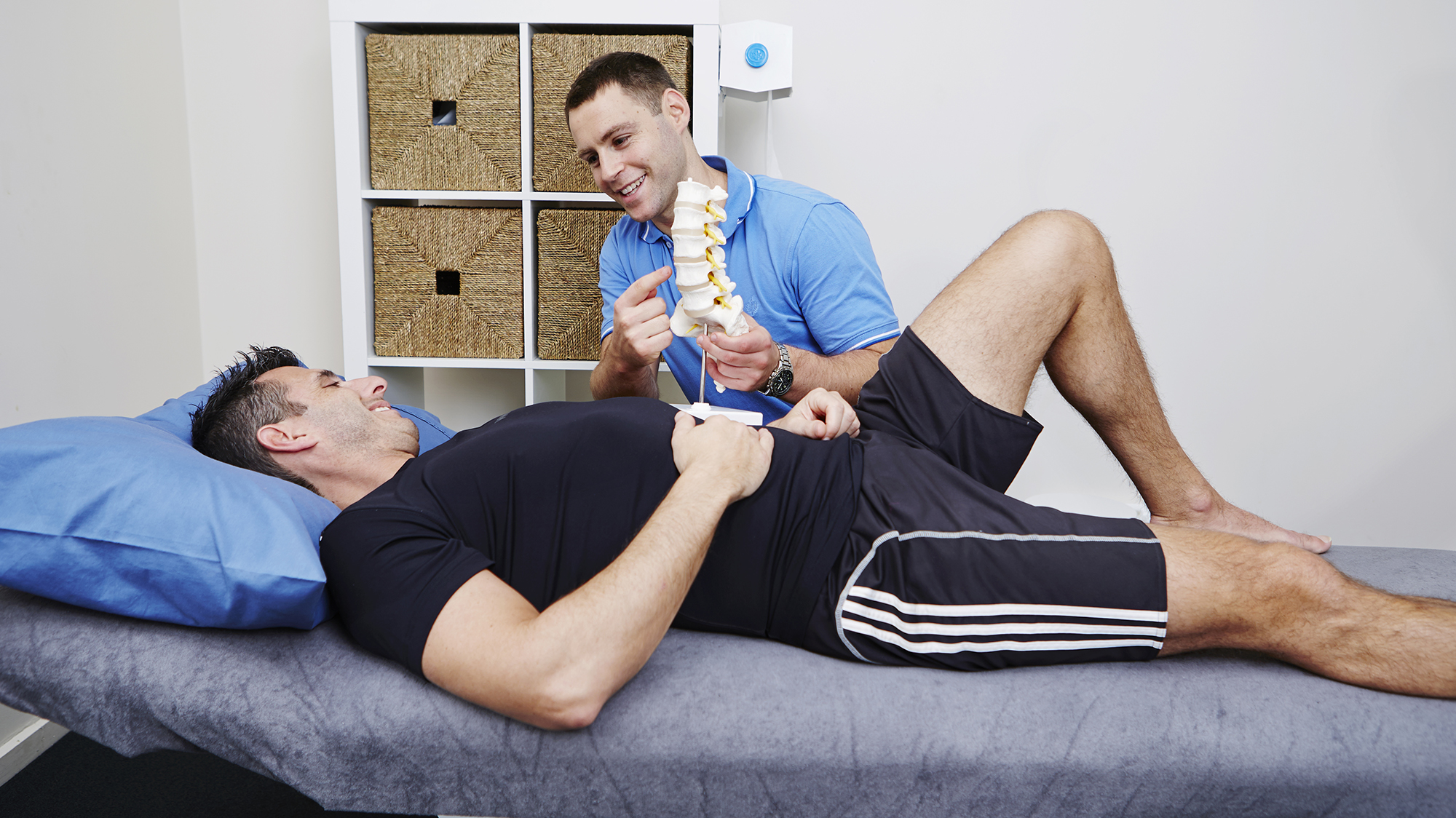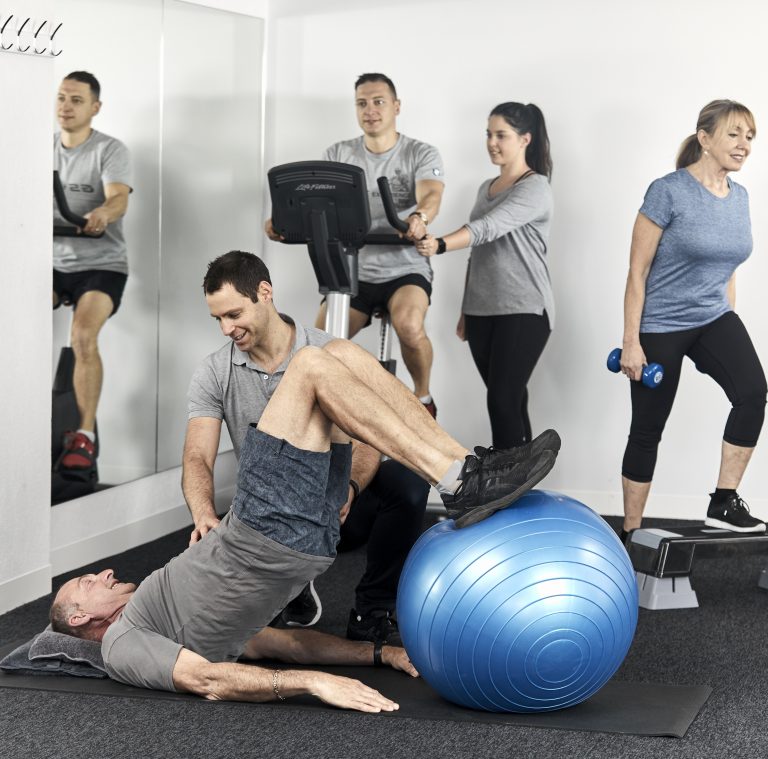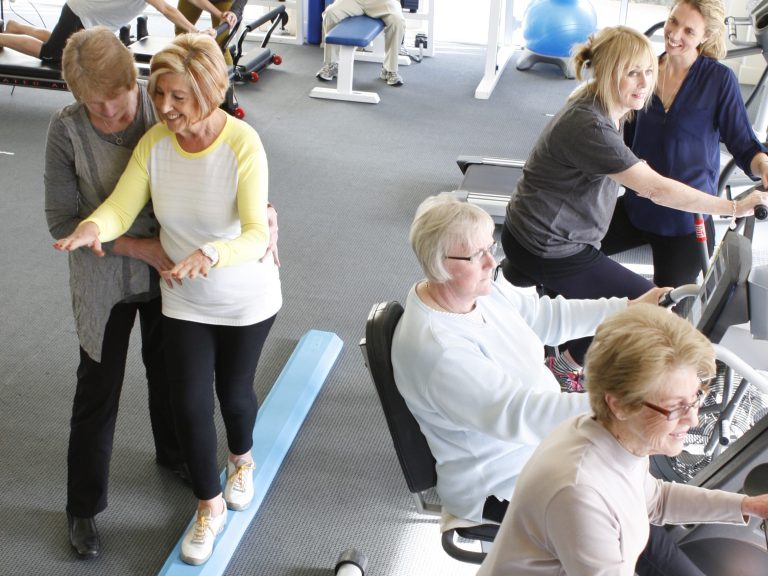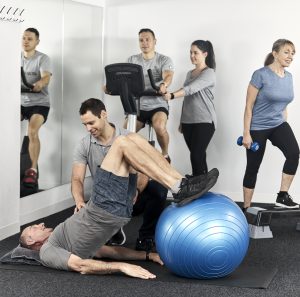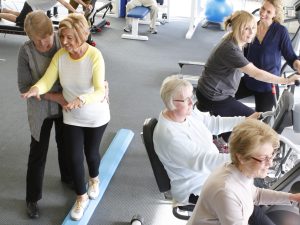Assessing your Home Workstation
Are you spending long periods of time sitting at work? Typing away at your computer in all sorts of postures? Working with good posture can help boost productivity, and most importantly help maintain healthy body positioning, by preventing work-related tightness, soreness or headaches.
Setting up your workstation is a simple & easy process, enabling you to improve your working posture, and avoid common neck and back issues. Here are a few ways to set up your home workstation, and help you live the life you love.
Setting Up – The Chair
- Chair height adjustment
- Ensure the chair height is adjusted to where your thigh is parallel to the ground, and knees are level with your hips.
- Feet planted
- Your feet should be planted flat and firm on the ground. This helps to distribute your body weight and not solely increase pressure through the lower back.
- Consider using a footrest/books if your feet do not reach the ground.
- Your feet should be planted flat and firm on the ground. This helps to distribute your body weight and not solely increase pressure through the lower back.
- Seat angle adjustment
- The angle of the chair seat should be parallel with the ground
- Backrest angle adjustment
- Have the backrest adjusted at an angle where your back is perpendicular to the floor
- Consider using a lower back support (ie a rolled up towel)
- Have the backrest adjusted at an angle where your back is perpendicular to the floor
Setting Up – The Desk
- Desk ergonomics
- The height of the desk should be level with elbows when bent, and shoulders should not be shrugged when hands are placed on the desk.
- Computer – Keyboard & mouse
- Your elbows should be resting between 90-120 degrees
- Mouse position should be adjacent to the keyboard.
- Computer – Monitor
- Viewing distance to monitor should be at arm’s length.
- Top of the monitor should be mostly equal to eye level in sitting.
- Key objects
- Keep all essential items such as document holders, stapler, telephone, printed documents etc. close to the keyboard/monitor to minimize reaching.
Laptop use – If you use a laptop for greater than 2 hours in a day
- Use a seperate keyboard and mouse
- Elevate the monitor to eye level or connect it to a separate monitor.
General health tips
- Ensure that you get up every hour for a stretching/resting break
- Aim to walk for a minimum of 30 minutes every day
- Wash your hands and keep smiling!

